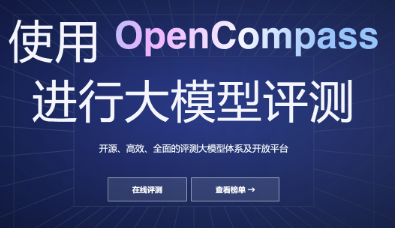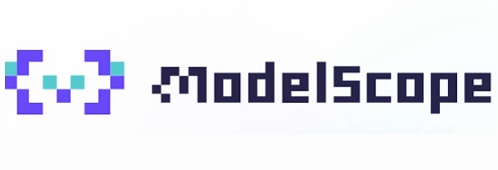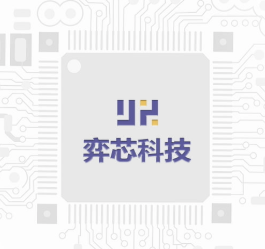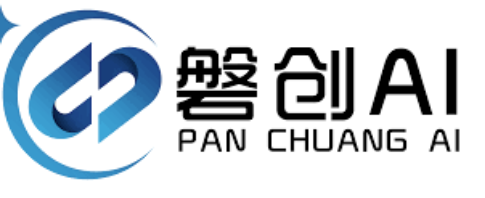AI-powered music transcription is valuable for musicians, educators, producers, and developers—but the best approach depends on your goals. Here’s a breakdown of who should use AI transcription tools and how:

?? 1. Musicians & Composers
Best for:
Songwriters – Quickly transcribe melodies/harmonies from recordings
Session Players – Learn parts faster for gigs/recordings
Classical Musicians – Study orchestral excerpts or solo works
Jazz Improvisers – Analyze solos and chord progressions
Recommended Tools:
Melody Scanner (simple melodies)
AnthemScore (detailed scores)
Soundslice (sync with recordings)
Why? Saves hours of manual transcription while preserving musical intent.
?? 2. Music Educators & Students
Best for:
Teachers – Create exercises/arrangements from student recordings
Students – Transcribe solos for ear training
Music Schools – Supplement theory/ear-training classes
Recommended Tools:
ScoreCloud (real-time notation)
Moises (isolate instruments for analysis)
Flat.io (collaborative editing)
Why? Makes transcription accessible for learners at all levels.
?? 3. Producers & Audio Engineers
Best for:
Beatmakers – Sample cleanup & MIDI conversion
Film/Games Composers – Sync music to picture faster
Mixing Engineers – Visualize arrangements for balancing
Recommended Tools:
LALAL.AI (stem separation)
Ableton Live + AI MIDI Converters (DAW integration)
LANDR (AI mastering + notation)
Why? Streamlines workflow from audio to editable MIDI/notation.
?? 4. Developers & Tech Innovators
Best for:
AI Researchers – Train better transcription models
Music Tech Startups – Build next-gen notation apps
Plugin Developers – Create DAW-integrated AI tools
Key Areas to Improve:
Polyphonic transcription (orchestral/dense mixes)
Real-time performance (live concert notation)
Style adaptation (jazz vs. classical interpretation)
Why? The tech still needs refinement—developers can push boundaries.
?? 5. Music Publishers & Archivists
Best for:
Sheet Music Publishers – Digitize old recordings
Libraries – Preserve historical performances
Film/Game Studios – Catalog licensed music
Recommended Tools:
AnthemScore Pro (batch processing)
Celemony Melodyne (detailed pitch editing)
Audiveris (OMR for scanned scores + AI cleanup)
Why? AI speeds up large-scale transcription projects.
Who Should Avoid Relying Solely on AI?
? Perfectionists – AI still needs human tweaking
? Orchestral Copyists – Complex scores require manual input
? Musicologists – Historical styles often misread by AI
The Future: Who Will Benefit Most?
As AI improves, real-time applications will help:
Live Performers (auto-scrolling sheet music)
Music Therapy (adaptive notation for patients)
VR Composers (instant audio-to-MIDI in 3D spaces)
Bottom Line:
If you work with audio-to-sheet music conversion, AI tools already save time—but the best results come from human-AI collaboration.
Need a tailored tool recommendation? Tell me your specific use case! ??








